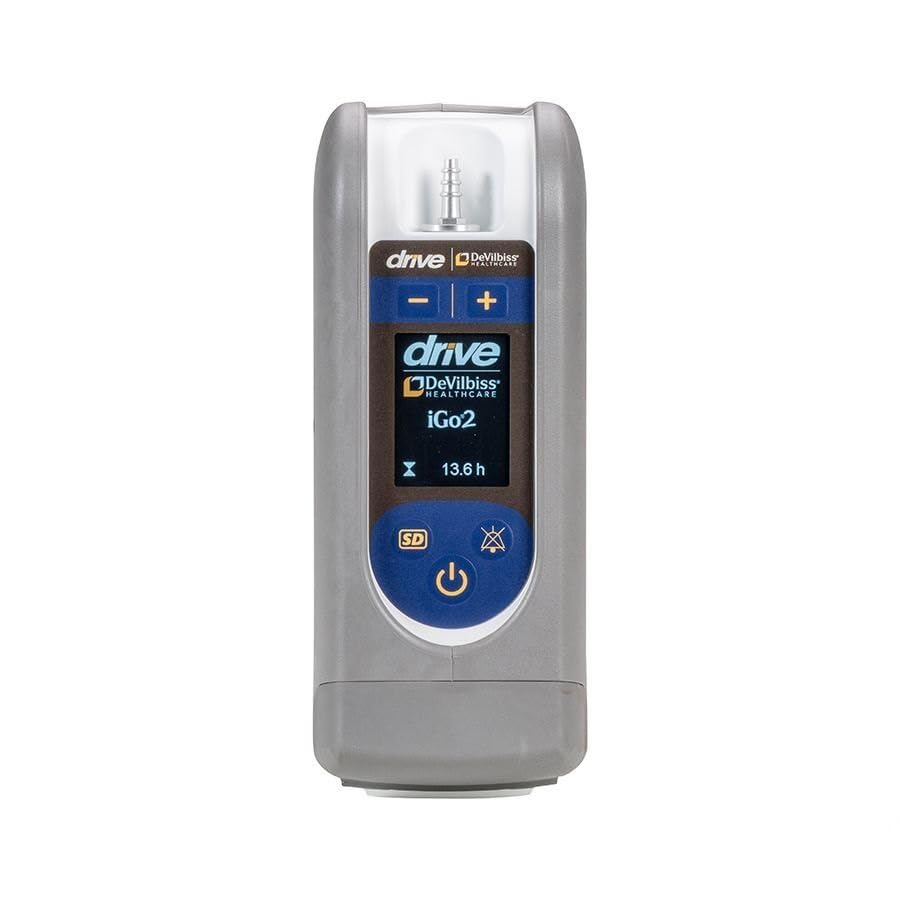Mental health has long been an area of healthcare that deserves more attention and innovation. According to the World Health Organization, approximately 29% of the global population will experience some form of psychological issue at some point in their lives. This range of issues includes conditions such as depression, anxiety, and struggles with substances like alcohol and drugs. Thankfully, advancements in technology are transforming mental health care, making it more accessible, efficient, and personalized. Let’s delve into some of the most significant technological innovations revolutionizing mental health management today.
- Artificial Intelligence in Mental Health
Artificial Intelligence (AI) is making significant strides in healthcare, and mental health is no exception. AI technologies are designed to process and analyze vast amounts of data, including patient records and brain scans. These systems can identify patterns and potential risks that might be missed by human practitioners. For instance, AI algorithms can analyze speech patterns and language use to detect early signs of mental health conditions such as depression or anxiety.
AI-driven tools are also enhancing personalized treatment plans. By integrating data from various sources—such as genetic information, medical history, and lifestyle factors—AI can help create tailored treatment approaches that are more effective for individual patients. Moreover, AI chatbots can provide immediate responses to common mental health inquiries, offering support and information around the clock. This allows mental health professionals to allocate more time and focus to patients dealing with more complex issues, such as post-traumatic stress disorder (PTSD) or severe mood disorders.
- Telepsychiatry and Virtual Care
The rise of telehealth has been transformative, particularly in the realm of behavioral medicine. Telepsychiatry enables patients to connect with mental health professionals via video calls or secure messaging platforms, regardless of their geographical location. This is especially beneficial for individuals living in remote or underserved areas where access to mental health services might be limited.
Furthermore, telepsychiatry offers a level of privacy and convenience that traditional in-person visits might not provide. Patients who may feel self-conscious or anxious about attending therapy in person can now engage in treatment from the comfort of their own homes. This reduction in stigma and improvement in accessibility can lead to higher rates of engagement and better overall outcomes.
- Virtual Reality (VR) for Therapy
Virtual Reality (VR) is no longer confined to the gaming industry; it has found a valuable application in mental health therapy. Therapists are utilizing VR to create controlled environments where patients can confront their fears and anxieties in a safe, simulated setting. For example, VR can be used to expose individuals with phobias to their fears—such as spiders or heights—gradually and in a manner that reduces the risk of real-world exposure.
This form of exposure therapy allows for repeated practice and gradual desensitization, which can be more effective and less intimidating than traditional methods. Additionally, VR can be used to simulate social situations for individuals with social anxiety, helping them develop coping strategies and social skills in a controlled environment.
- Non-Invasive Brain Stimulation
Traditionally, treating mental health conditions often involved invasive procedures or long-term medication regimens. However, advances in non-invasive brain stimulation technologies offer a new approach. One such technology is transcranial magnetic stimulation (TMS), which uses magnetic pulses directed by medical computers to stimulate specific areas of the brain. TMS is non-invasive, meaning it does not require surgery, and has shown promise in treating conditions such as depression.
The advantage of TMS over traditional treatments is its ability to target specific brain regions with minimal side effects. This precision can lead to more effective treatment outcomes while reducing the need for potentially harmful medications. Research is ongoing to expand the applications of non-invasive brain stimulation to other mental health conditions and enhance its overall efficacy.
- Wearable Tech
Wearable technology, such as smartwatches and fitness trackers, has become a valuable tool in monitoring mental health. These devices can track physiological indicators such as heart rate, sleep patterns, and physical activity. Changes in these metrics can provide insights into a person’s mental health status and help identify early signs of stress, anxiety, or depression.
For instance, irregular sleep patterns or fluctuations in heart rate might signal the onset of a mental health issue. By continuously monitoring these indicators, wearable tech can alert users and their healthcare providers to potential problems before they become severe. This proactive approach allows for timely interventions and adjustments to treatment plans, enhancing overall mental health management.
- Mobile Apps and Digital Platforms
In addition to the technologies mentioned above, a growing number of mobile apps and digital platforms are providing support for mental health management. These apps offer a range of services, from mood tracking and journaling to guided meditation and cognitive behavioral therapy (CBT) exercises. Many of these apps are designed to be user-friendly and accessible, providing users with tools and resources to manage their mental health on a daily basis.
Some apps also offer features like real-time chat with mental health professionals, group therapy sessions, and personalized wellness plans. By making mental health resources readily available at the touch of a button, these digital platforms help bridge the gap between traditional therapy sessions and everyday mental health maintenance.
In Conclusion
The intersection of technology and mental health is a rapidly evolving field, bringing forth innovative tools and methods that significantly enhance the way we approach mental well-being. From AI-driven diagnostics and telepsychiatry to VR therapy and wearable tech, these advancements are transforming mental health care, making it more accessible, personalized, and effective.
As technology continues to advance, it holds the potential to further revolutionize mental health management, offering new solutions and improving outcomes for individuals worldwide. The future of mental health care is promising, and these technological innovations are paving the way for a more supportive and inclusive approach to mental well-being.
*****





























